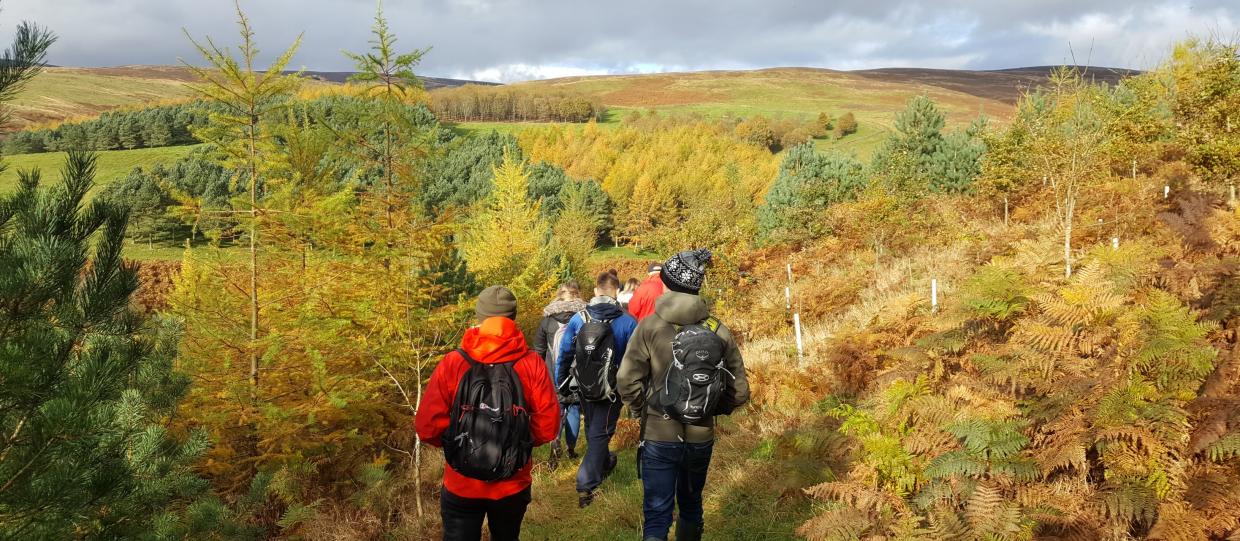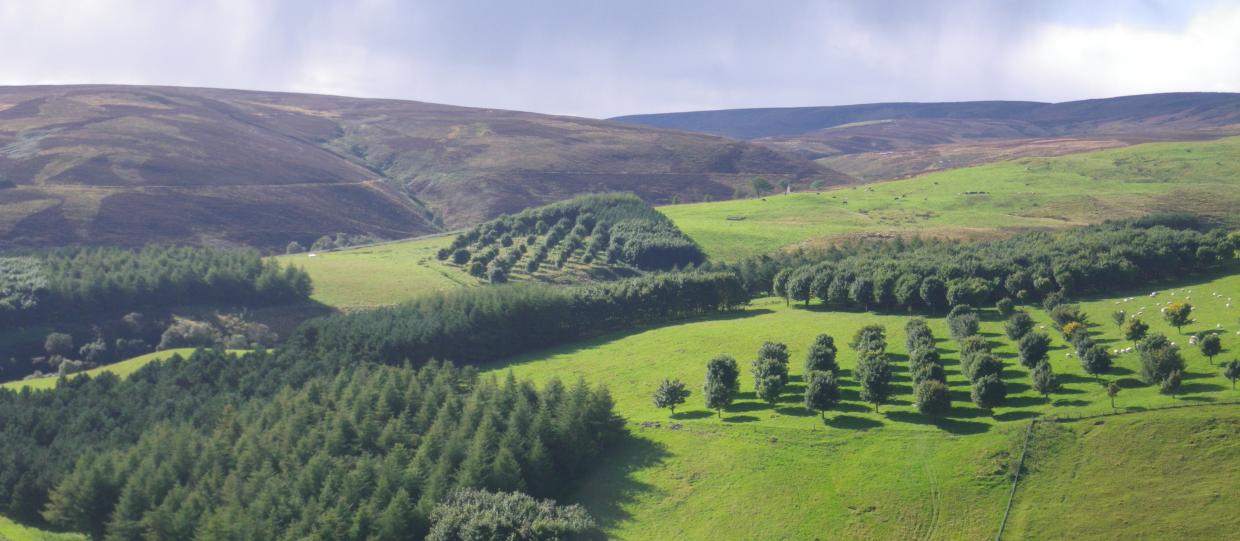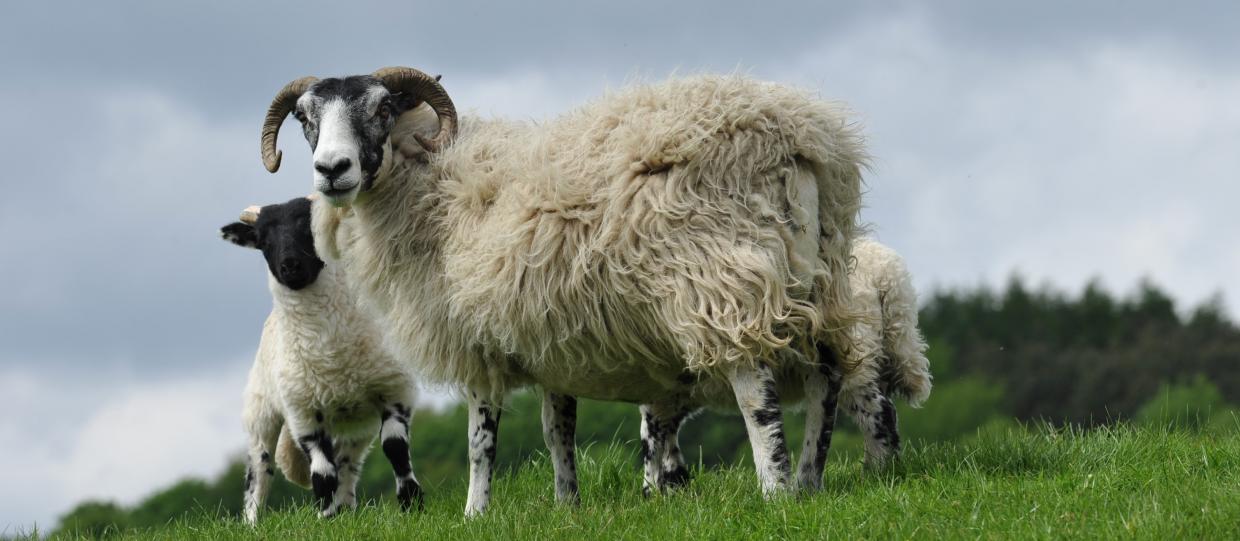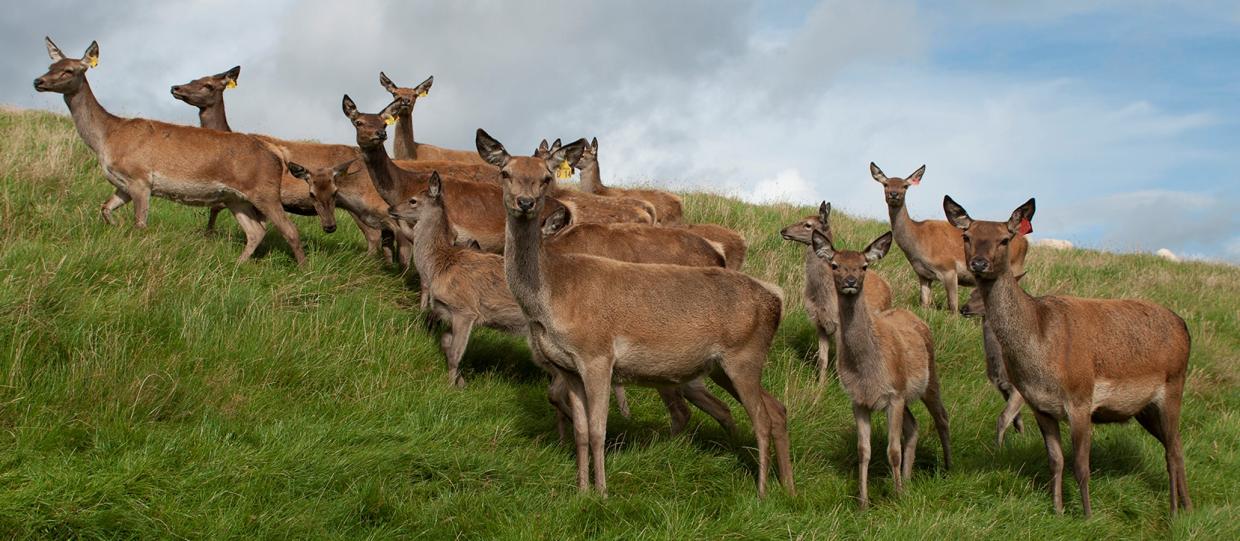Agriculture is highly exposed to climate change - and farming activities also contribute to climate change through release of greenhouse gases into the atmosphere.
Agriculture and related land use contribute significantly to UK greenhouse gas emissions. The Scottish Government and UK Climate Change Committee have pledged to support the necessary changes in land use to achieve net zero and we need to progress with this as a matter of urgency.
The James Hutton Institute's research farms have long been at the forefront of innovation in land and agricultural practices, trialling and testing new farm methods, livestock and crops. Now, more than ever, they are needed to test and demonstrate transformative ways of managing our land.
Climate-positive farming is a transformational approach to farming that achieves net-zero or even negative carbon emissions, whilst also protecting and enhancing the natural assets of a farm and ensuring long-term financial sustainability of the farm business.
A key to success is recognising the full societal costs and benefits (actual and potential) from the process of farming - producing food, livelihoods and other multiple benefits for nature and society.
Climate-positive farming needs both innovations in technology and in ways of working.
Testing and demonstrating results on the ground is also essential if farmers, policy-makers and organizations are to be persuaded to make climate-positive farming a priority.
- This is our fundamental philosophy here at Glensaugh.
Please have a look around our website and if you are interested to visit/work with us, feel free to contact us.




